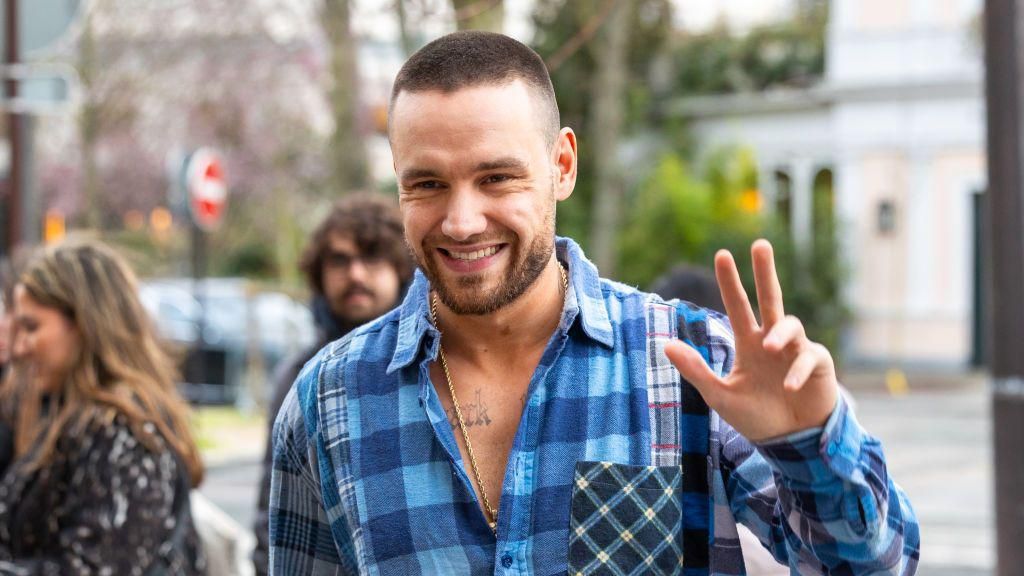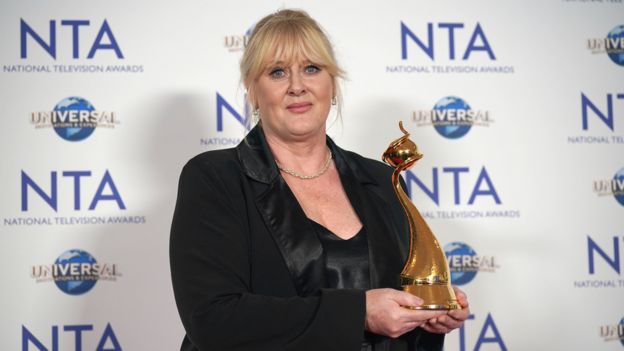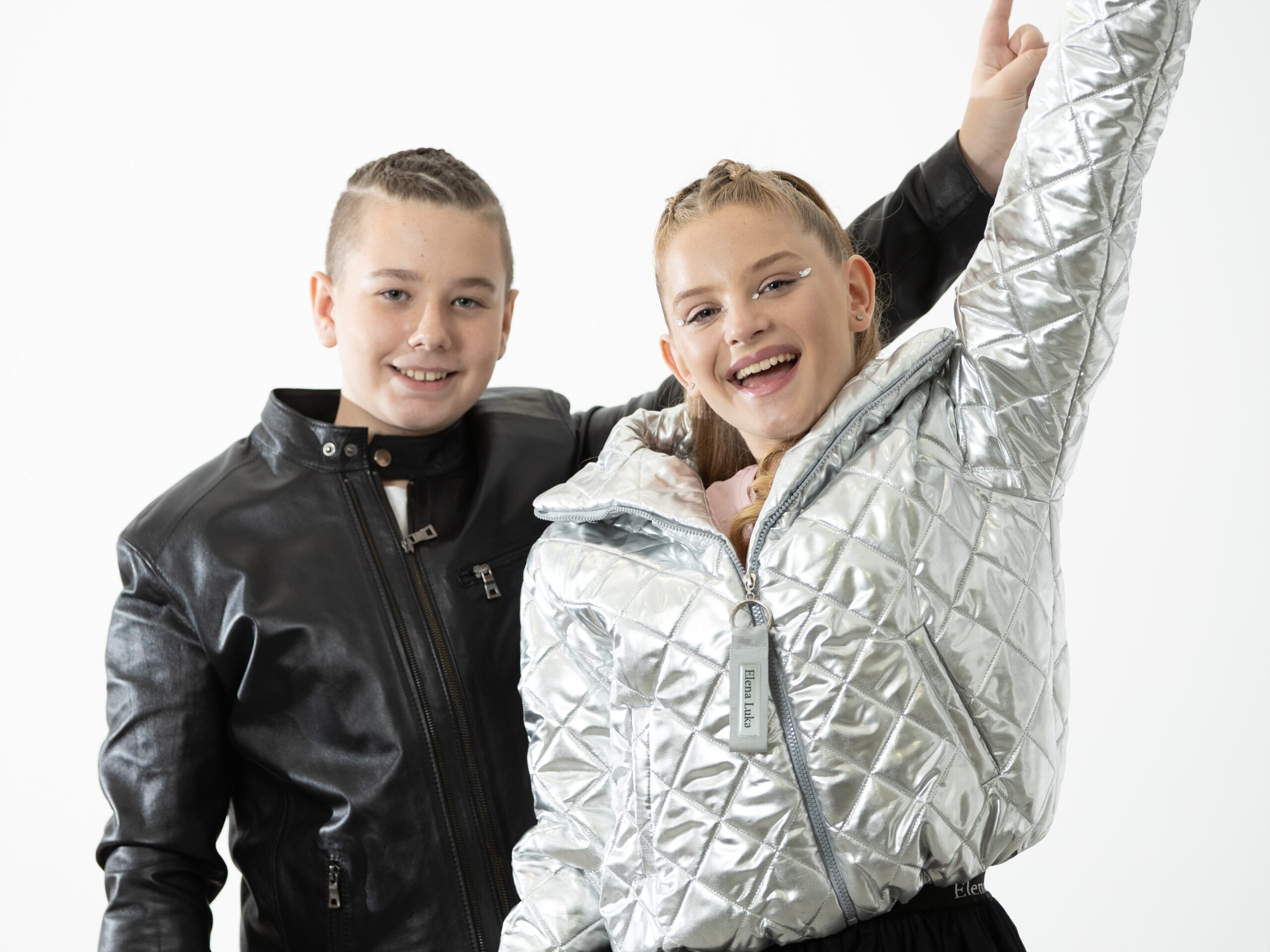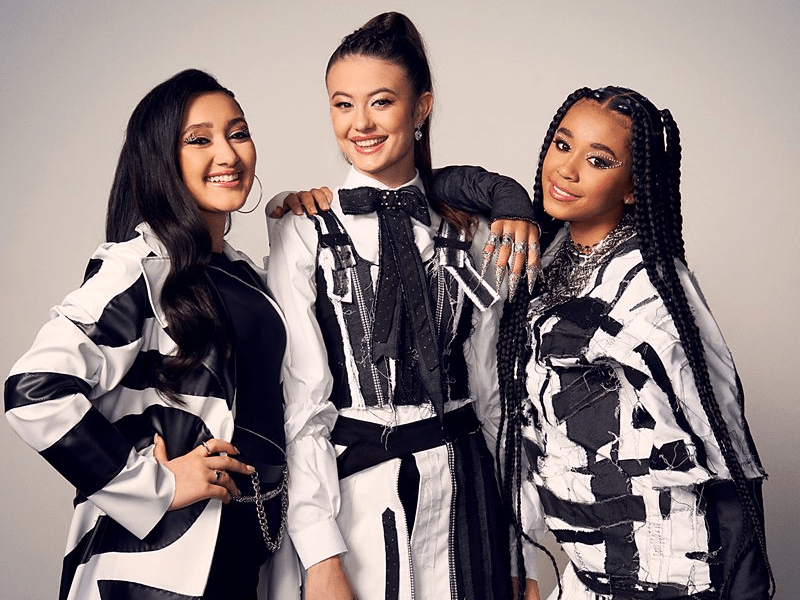
Shortly before the Eurovision 2024 grand final, an event occurred that nobody ever saw coming. A contestant that qualified for the final 26 was disqualified. Joost Klein‘s disqualification sent shock waves through the world of Eurovision, especially in the “Europapa” star’s home country of the Netherlands.
The flow of accusation and speculation flowed heavy within the space of a day. So we’re going to summarise and reconstruct the disqualification as it happened to see what the EBU and the Dutch broadcaster can learn from it.
Joost Klein’s disqualification: A short reconstruction
Those who followed @eurovision on Instagram on 9 May – the night of semi-final two – could see that the contest’s official account uploaded a set of stories in which each artist walked from the stage into a corridor. Some were overjoyed, others were more emotional. Dons from Latvia was perhaps the most teary, after he delivered a stirring rendition of “Hollow”. His delegation – like so many others – greeted their singer and led them into the green room behind the LED screen in the arena.
However, one country’s walk to the green room was not uploaded. This was the Netherlands. While us Dutchies noticed, many others would have glossed over it.
That evening, members of our team in the press room got a tip that Joost may have shoved a photographer. We assumed at the time that it was an accident or the result of being in a crowded space.
The road to disqualification
But things took a turn the next day. We all know what happened on Friday afternoon. Joost Klein attended the flag parade during dress rehearsals for the final, but then didn’t rehearse. People took to social media to guess precisely what happened. In hindsight, the silence of the EBU was not strange as a police investigation was taking place on the scene and it’s customary (and in many countries mandatory) to keep details under wraps amid an ongoing investigation.
It was eventually the well-informed Swedish tabloid Aftonbladet who reported that Joost Klein had – at that time allegedly – assaulted a female staff member working in production. Lithuanian broadcaster LRT reported from the scene that they had seen the Dutch delegation leave the arena, packing their bags.
As we all know, on Saturday morning, it was revealed that the EBU had come to the decision to officially disqualify the Netherlands from taking part in the final of the contest. Joost Klein became the first-ever contestant to be expelled in such a way.
The Netherlands, however, did not lose their right to vote. AVROTROS later withdrew their spokesperson, leading Executive Supervisor Martin Österdahl to reveal – amidst loud booing – the Dutch jury result. After the results were revealed on early Sunday, Joost Klein had scored 182 points in the semi-final, finishing second overall that night.
Was a disqualification fair and what went wrong?
In most of Europe, there has been a recent shift on codes of conducts at work places. Especially after more and more people speak out on abuse at work. With this, the EBU has uploaded their own code of conduct online, including for press members and other accredited individuals. In this code of conduct, any acts of aggression are described as “forbidden behaviour”.
In that sense, theoretically, the EBU followed up on their own rules.
Comparisons with other incidents and reports of misbehaviour within Malmö Arena made the disqualification a bit more unexpected, and perhaps made many feel that the EBU did the Dutch entry an injustice. However, many fans will likely agree with the opinion that it is totally not okay to make any person working on the floor of the contest feel unsafe.
The EBU has the right to protect their own staff at the end of the day. That said, any delegation deserves the right to protect their own contestants.
In recent years, we have seen delegations making special provisions for their entrants prior to the event. For example, Norway’s Agnete was allowed to skip press conferences when she took part in the 2016 edition – opening up about her bipolar disorder. Portugal’s Salvador Sobral did not attend any rehearsals in the first rehearsal week as a result of his heart condition at the time.
AVROTROS hinted at a potential special proposition made for Joost Klein at Eurovision 2024. As they wrote in their statement, they regarded filming Joost Klein entering the corridor “against clearly made agreements”. What these agreements entailed exactly, and with whom they were made, remains unknown.
AD’s insiders claim they “saw it coming”
In the weeks leading up to Eurovision, Dutch daily newspaper Algemeen Dagblad attempted to create a portrait of Joost Klein as a person. The star generally refuses interviews to traditional media. AD tried to gain insight into his character through interviews with people from his surroundings and childhood.
Several people hinted at the fact that Joost’s traumatic childhood has put a larger strain on him than it looks on the outside. Some classed him as vulnerable and wondered whether a pressure cooker like Eurovision was the right place for him. AD said that one person they spoke to from his surroundings “questioned how much pressure he could take”. That person then said, in a quote that was not published in the newspaper back then prior to Eurovision:
“It is a boy who lost both their parents at the ages of 12-13 and then did not get the right support. He is a traumatised victim of his own life, to what extent can he oversee what is waiting for him in Malmö? He really wants to take part in the contest, but should you expose him as a human to such a complicated event?”
Joost Klein is used to controlling everything. But, speaking to AD prior to the incident, the Dutch artist felt like this was slipping away:
“I have always had the control. And that was the first thing I lost when I arrived in Malmö.”
In an interview with AD after the final, an anonymous insider from Joost’s surroundings said that they “saw it coming” that the “Europapa” singer would fall into a conflict, calling him “vulnerable”.
Could it have been prevented?
What could have prevented the incident from happening? Clearly, for some reason, it was not properly understood by the EBU staff that Joost Klein did not want to be filmed. How come the misunderstanding? Did AVROTROS not communicate this with the EBU? Or did they communicate this beforehand and did the EBU not follow up on this?
Did AVROTROS underestimate the exact support that Joost Klein needed at the contest? The responsibility to inform the EBU on artists with special needs should lie with the broadcasters in the first place. And then it’s the responsibility of the EBU to accommodate those needs.
Besides that, if Joost Klein suffers from flashbacks, as is often the case with people suffering from trauma, where was his support when he needed it the most? Why was there nobody around to catch him after the performance? And if there was someone, why did they not do anything to prevent the incident? The woman who filmed there, judging by the @eurovision Instagram stories, stood at the same spot the whole evening. Where was the Dutch delegation? Where was AVROTROS?
These are perhaps the next questions we should ask ourselves when dissecting the incident at hand.
What can we learn from the Joost Klein’s disqualification?
One of the most important takeaways from this contest is probably the way we treat contestants and how people should behave towards one another. There should be better protection for artists, as several have described this Eurovision to be “traumatic” or “tense”.
Most people taking part in the Eurovision Song Contest are young artists with little experience, and sometimes with no backing or support lines. For many, this is the first time they are in the spotlight. For several years, we have seen some young stars falter because of the pressure of it all.
Eurovision 2009 winner Alexander Rybak shared his struggles with addiction in 2020 – saying his addiction started around the moment he started to become a favourite at the contest. Other acts that did not do so well at the contest, have also shared their struggles in the past.
Unfortunately, some artists come with baggage. That could be trauma, an underlying condition, or a mental health struggle amongst others. It is important that in the future, artists and delegation members are well looked after. Better looked after than this year.
Next to that, it is important to realise that the people who work behind the scenes are just people too, doing their job. The lack of support for the woman who made a report to the police is also astonishing for several fans. Imagine if it was you. She could have been a fan of the song and is definitely a fan of the contest. You do not file a report to the police for fun. There is never a reason for any kind of aggression against any person within the Eurovision bubble.
Eurovision used to be a safe space for artists and fans, and it should remain that way in the future.















